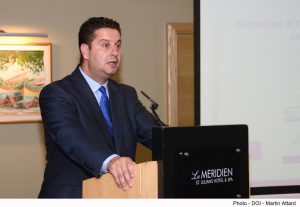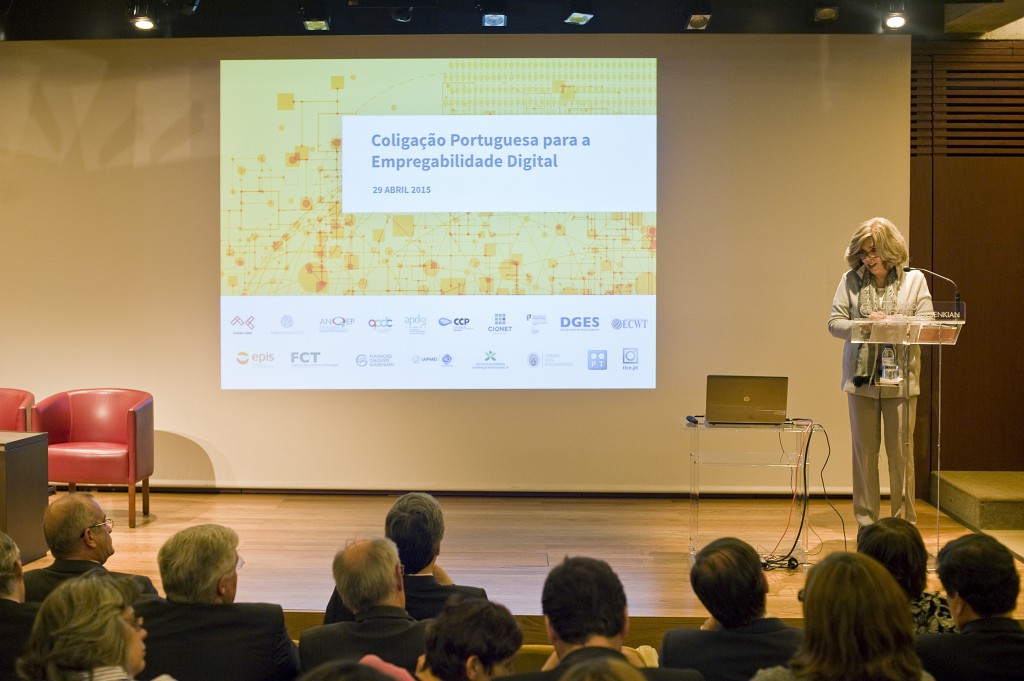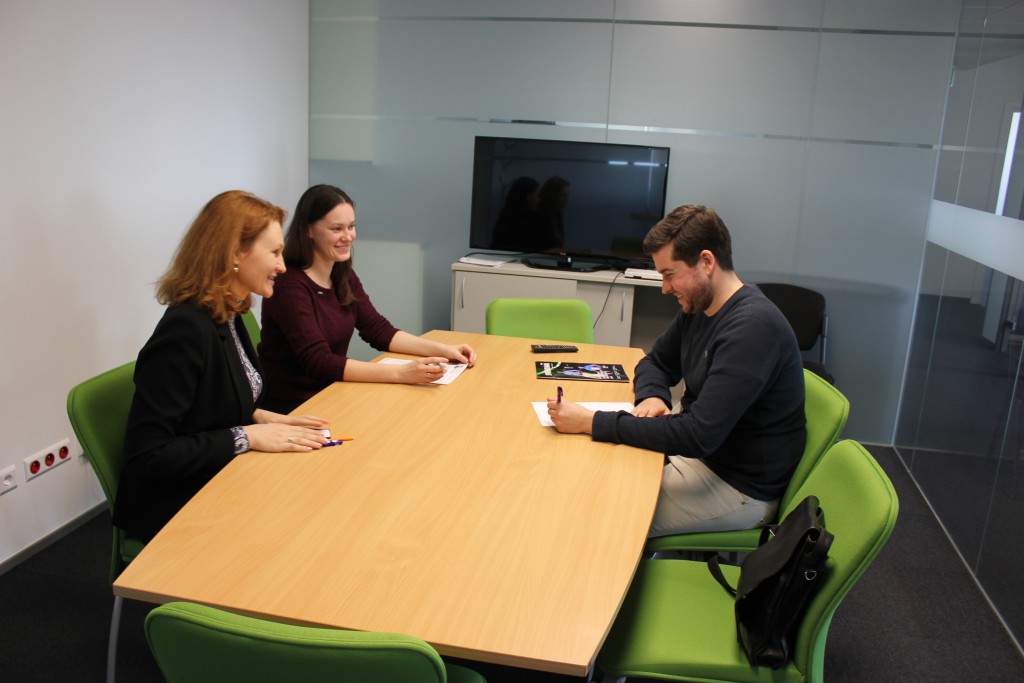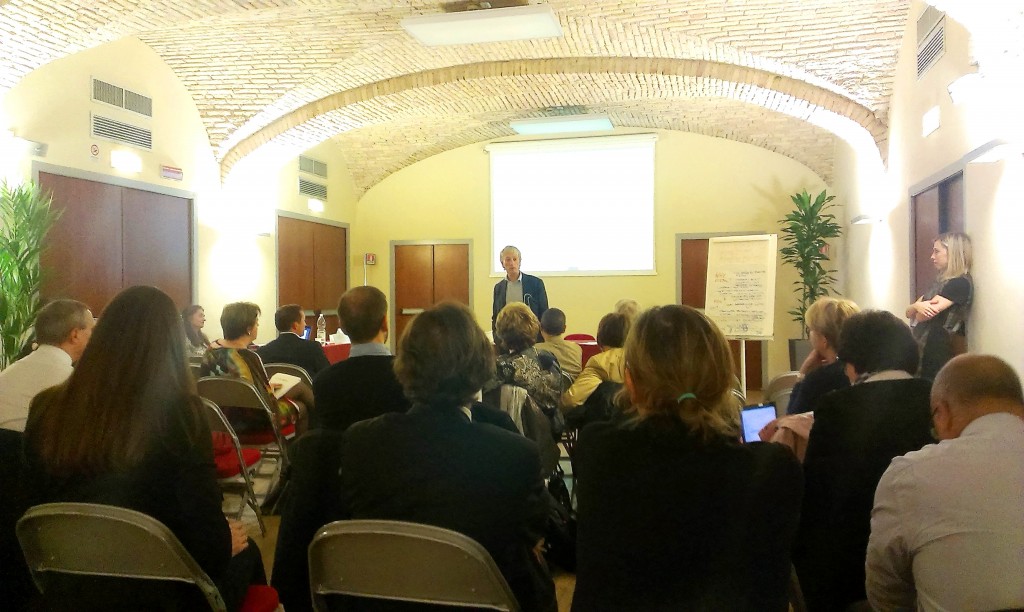23 Oct Malta determined to improve digital competency in its working population
23 Oct, 2013
Tuesday 22 October
 The day before Telecentre Europe’s ( TE) annual Summit in Malta, a new project titled ‘Networked: ICT competences for better employability and workforce adaptability’ was launched by the Hon. Dr. Edward Zammit Lewis, Parliamentary Secretary for Competitiveness and Economic Growth at a seminar addressing the impact of the digital divide on society and the economy.
The day before Telecentre Europe’s ( TE) annual Summit in Malta, a new project titled ‘Networked: ICT competences for better employability and workforce adaptability’ was launched by the Hon. Dr. Edward Zammit Lewis, Parliamentary Secretary for Competitiveness and Economic Growth at a seminar addressing the impact of the digital divide on society and the economy.
The seminar was attended by representatives from the public sector and civil society who work to advance digital competencies amongst working age adults. TE’s managing Director Gabriel Rissola was invited as a key speaker.
The project, budgeted at €450,000, is part-financed by the European Union through the European Social Funds (ESF) and will be led by our Maltese member the Malta Communications Authority (MCA), in partnership with the Employment and Training Corporation (ETC).
The first phase of the project will involve the roll-out of a nationwide awareness campaign aimed at helping adults understand ICT and inspiring them to go online by explaining the benefits this can offer. The second phase will comprise subsidised training for over 3500 individuals. Two training programmes will be offered. The first programme will introduce participants to the basics of ICT in daily life contexts whilst the second will focus on the use of ICT in work related scenarios.
In his opening address, the Hon Dr. Zammit Lewis welcomed the initiative stating that “if Malta wants to build a true digital economy, it needs to ensure that every worker is ICT competent to be able to contribute even more to the economy”.
The project will target working age adults who are not familiar with the digital world. Latest statistics show that a staggering 45% of Maltese aged between 45 and 64 have never used the Internet. These individuals are excluded from taking up jobs that entail the use of computers and related technologies. They have restricted job mobility opportunities whilst their employers encounter difficulty in introducing ICT mediated processes within the workplace. Such a wide digital age divide is a barrier for Malta in its effort to establish a digitally driven economy.









